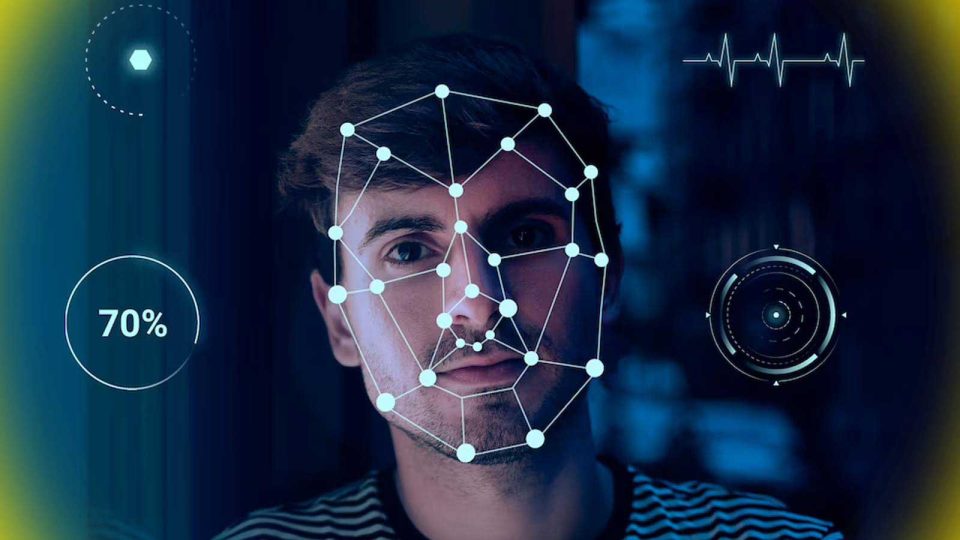OpenAI has announced to prohibit the utilization of its technological assets, including ChatGPT and the image generator DALL-E 3, for political campaign purposes, as elections are slated to take place this year in various nations such as the United States, India, and Britain.
OpenAI, the developer behind ChatGPT, has announced its forthcoming release of tools aimed at combating disinformation. This move comes in anticipation of numerous elections scheduled to take place this year across countries collectively representing half of the global population.
While the widespread adoption of ChatGPT has marked a significant milestone in the realm of artificial intelligence. It has also prompted concerns regarding the potential proliferation of disinformation online and its potential influence on electoral processes.
Against the backdrop of upcoming elections, including those in prominent nations such as the United States, India, and Britain, OpenAI declared its stance against the use of its technology. It includes ChatGPT and DALL-E 3, for political campaign purposes.
“We want to make sure our technology is not used in a way that could undermine the democratic process. We’re still working to understand how effective our tools might be for personalized persuasion. Until we know more, we don’t allow people to build applications for political campaigning and lobbying.”


